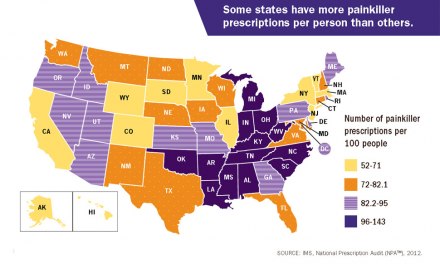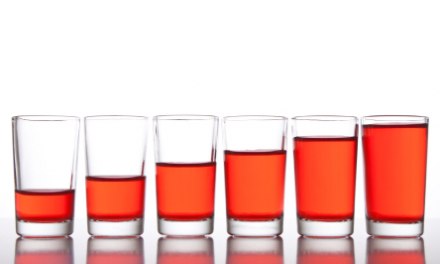At first I thought the linked article might be satire — it does resemble one of the old Cheech and Chong routines — but then I decided it illustrates how some addicted persons perceive their own drug use, and its impact on their lives. I’ll explain.
First, the article.
Smoking weed every day makes me less presentable and less productive. I love it
Assume for the sake of argument that the anonymous source is a real drug user being entirely open about her actual lifestyle. Some quotes from the interview:
- “I think that I should get to be my most comfortable at all times, and weed makes me feel like that. I honestly think a lot of other people would be more pleasant if they did the same.”
- “I just want to have the edge taken off in a very baseline way to go through life.”
- “Am I addicted to it? Probably, but it works for me and I’m functional.”
- “I smoke behind the wheel, using my car’s coin tray as an ashtray.”
- “Last week, my dad called me while I was driving to work and smoking a joint. I made the mistake of picking up and he told me off for driving while I’m high. I found it pretty funny because I find everything funny because I’m always stoned.”
It’s been my experience that such self-assessments, made by persons discussing their own substance use, can be highly unreliable.
The reason: the brain that she relies on for self-examination is the very same brain she readily acknowledges is heavily under the influence of cannabis, pretty much all the time.
That’s a recipe for bias in favor of continued substance use, in part because she is likely to be physically dependent and suffer withdrawal in the absence of the drug. I’ve heard that referred to. as a double reinforcer — she feels extra good when she’s stoned, and extra bad when she isn’t.
It affects her reasoning. Calling it denial, rationalizing, minimizing, whatever, doesn’t make it any less real for someone who is experiencing it.
I first encountered this while working at a hospital detox. About halfway through my first night shift, a very pregnant patient emerged from her room to complain that she couldn’t sleep because the nurses weren’t giving her enough medication. She was in the hospital, she explained, to detoxify from heroin. Not because she wanted to give up the drug, but because she and her husband (also a heroin user) had decided that their baby would be drug-free at birth. This was necessary due to society’s unreasoning prejudice against heroin, which she believed was a wonderful addition to their quality of life. In fact, she told me, both parents intended to resume heroin use once the child was no longer nursing.
I was 23, brand new at the job, so I just listened as she continued for an hour or more, before finally giving up hope for medication and returning to her room.
She got a ride home from the hospital from a volunteer, who returned later to relate, in horrified terms, her impression of our former patient’s living situation. “They live in a cabin with heat that doesn’t work and I saw scorpions crawling on the floor and there was a dead bird under the sofa. First thing they did was break out a gallon of red wine and start getting drunk. I got out of there as fast as I could.”
An extreme example, sure, but the annals of addiction are full of stories along those lines. All involving distorted perception on the part of the addicted.
I think the brain seeks to protect us from the rude shock of our own deterioration. We lower our expectations so that things that would at one time have made us feel guilty or ashamed become somehow acceptable — even, in some cases, praiseworthy.
So long as we keep using enough drugs, at least.













